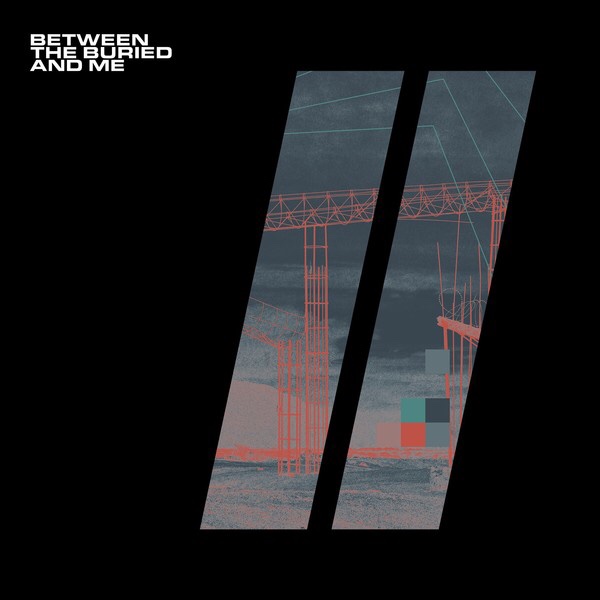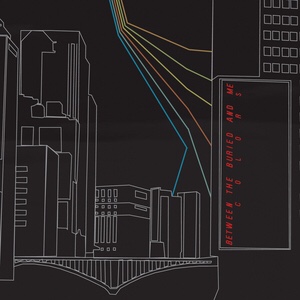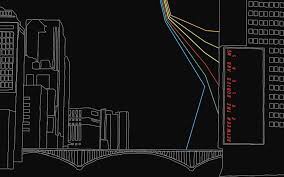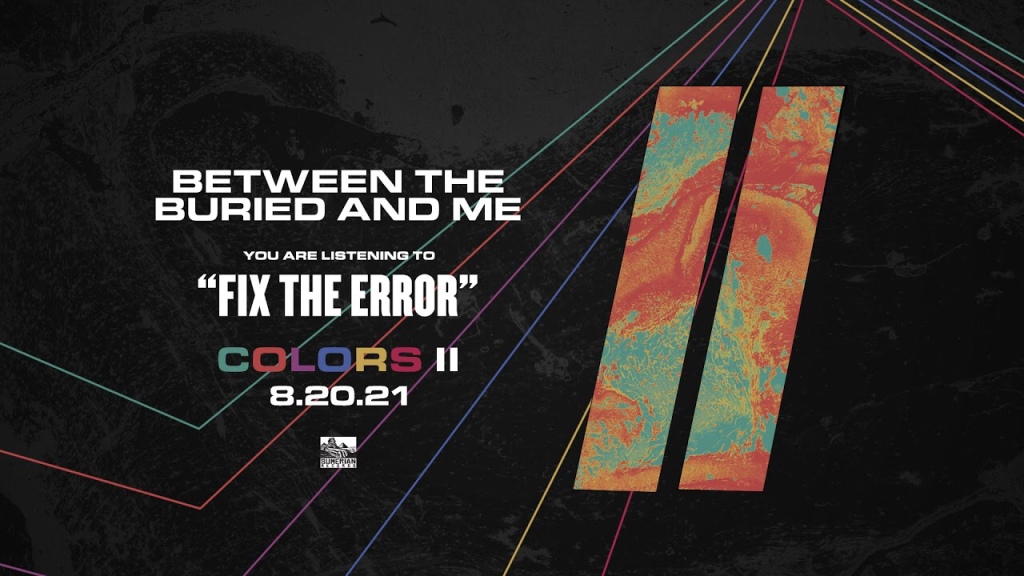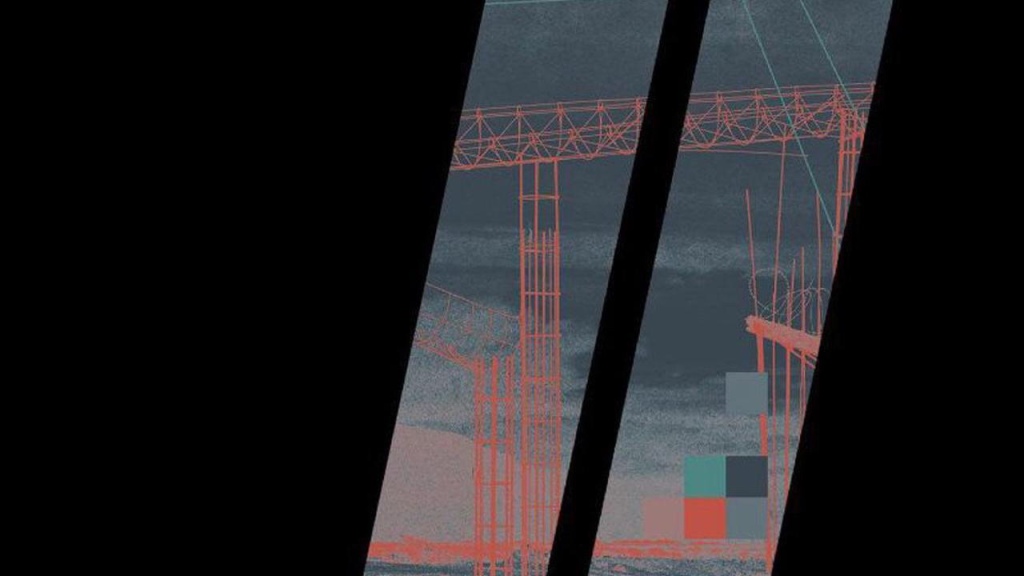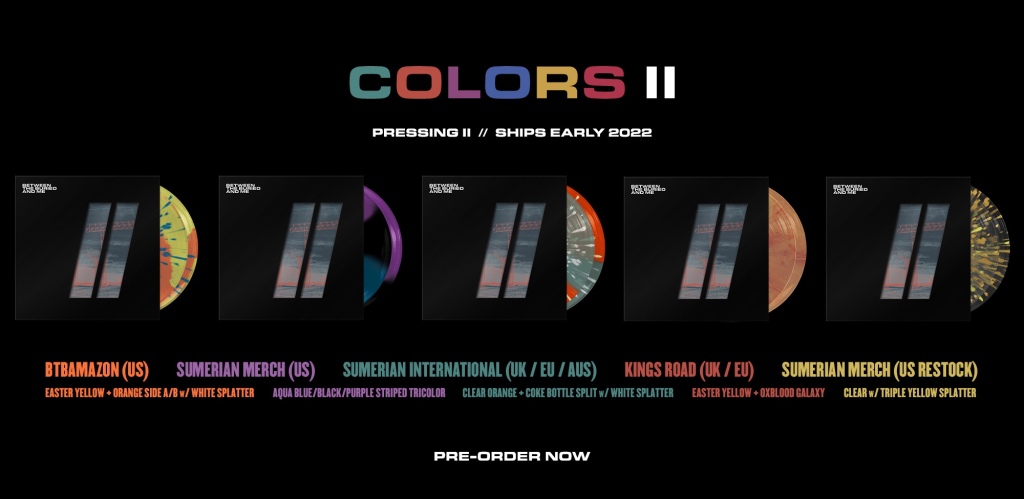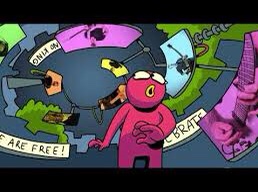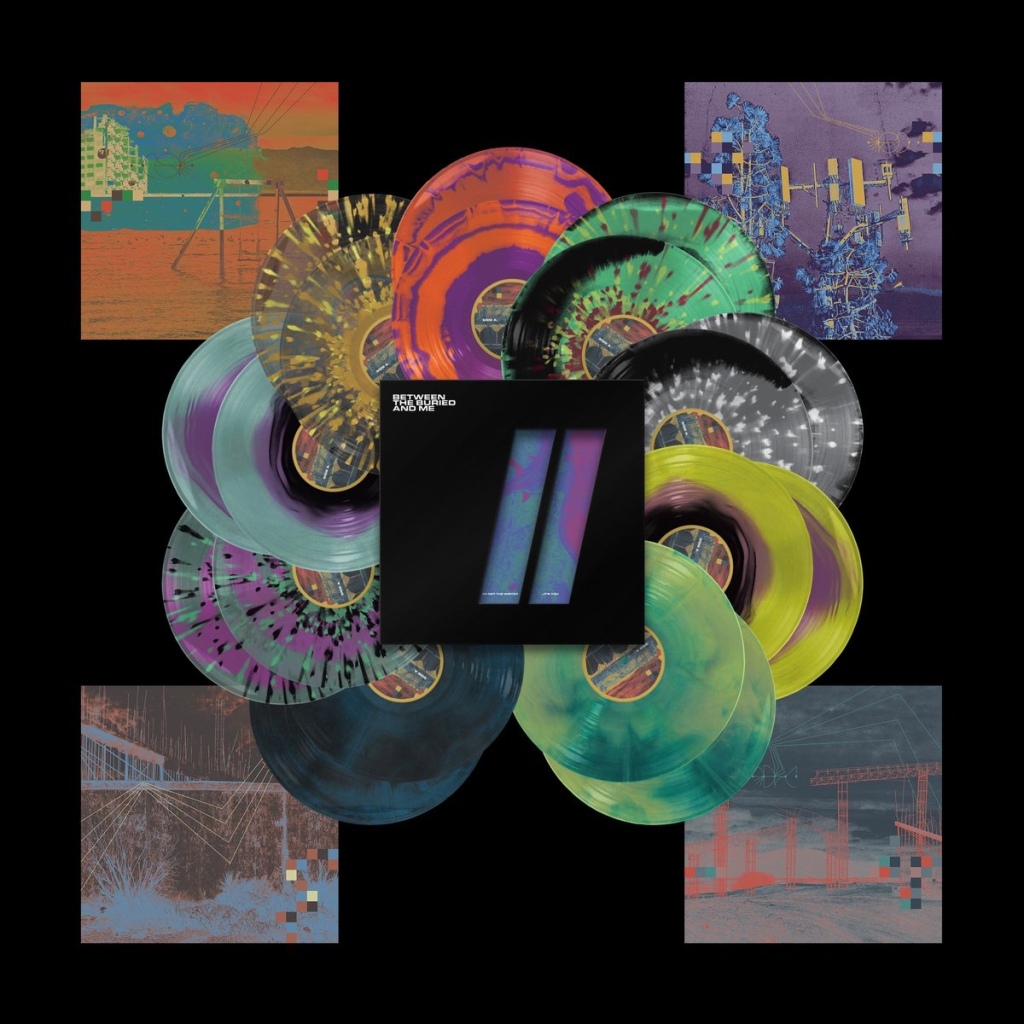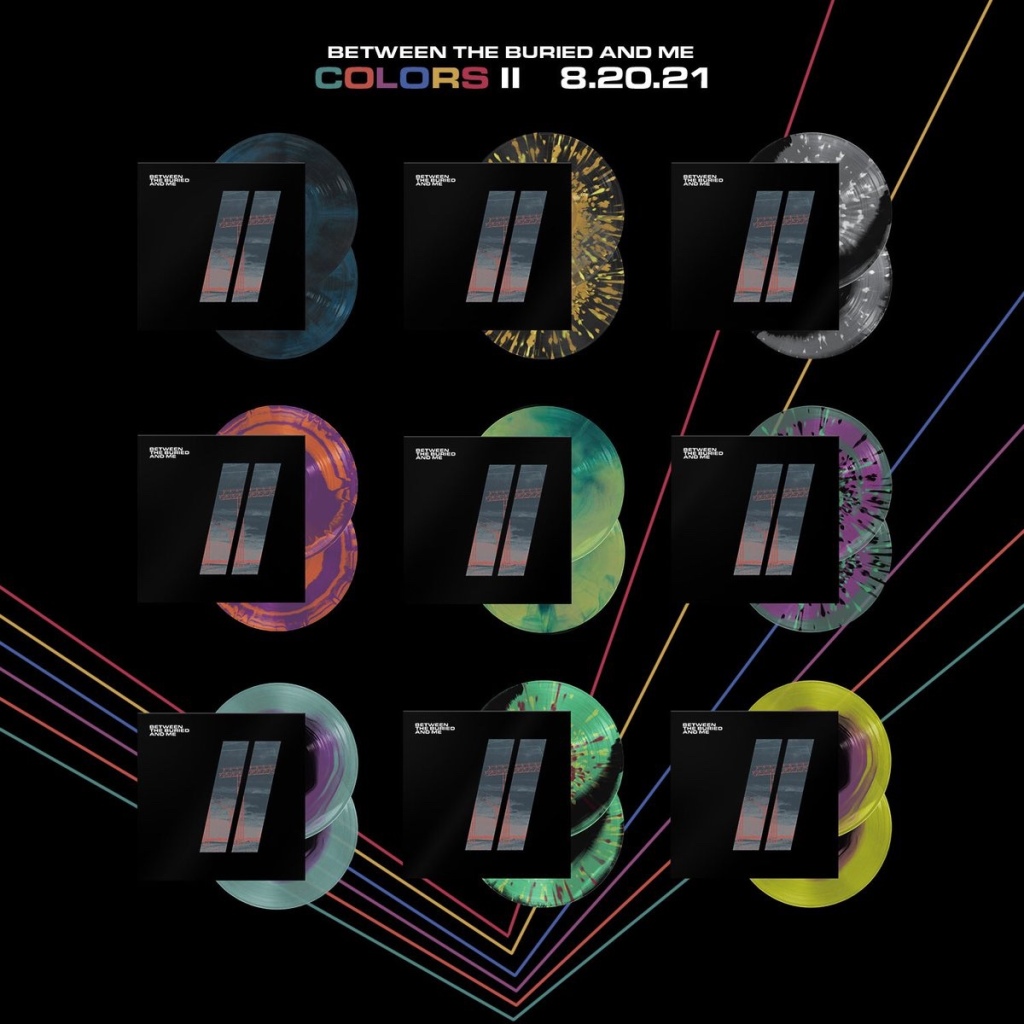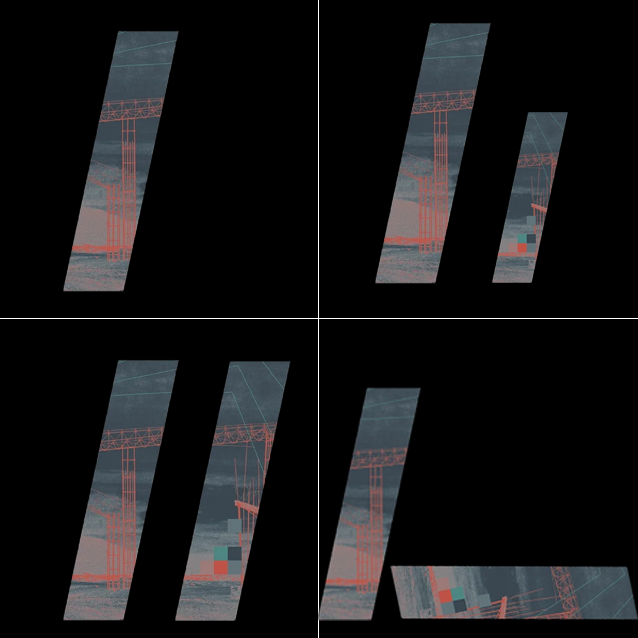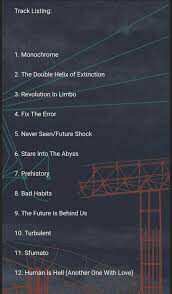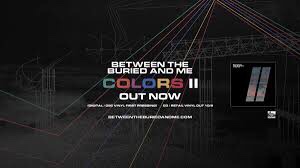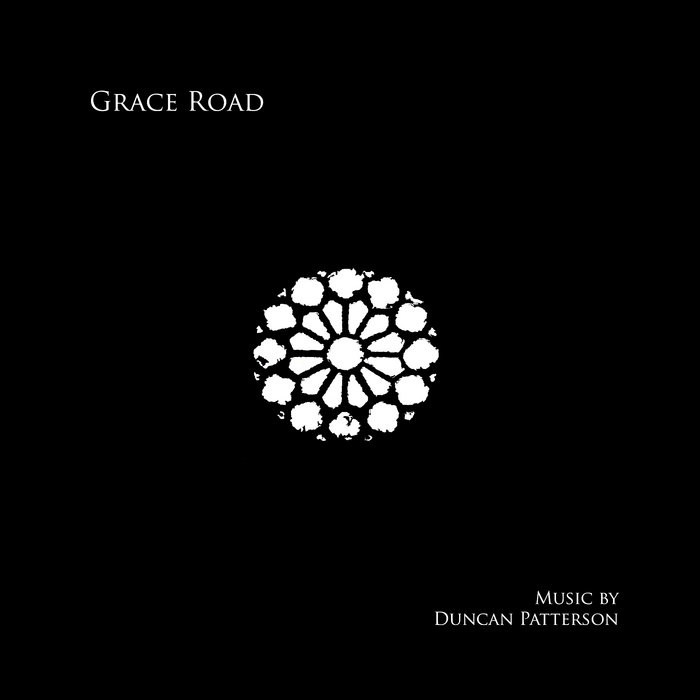
I have never written a review of an album I helped make before, but seeing that my contributions were minimal, I still feel able to write this without my personal bias getting in the way. In fact, my love for Duncan Patterson’s music is the bias we should be more worried about.
Duncan Patterson may be most famous for his early work with the band Anathema, but has artistically (I believe) chosen to remove himself from projects when they start to take a life of their own. Maybe he’s in constant search of artistic freedom. Maybe he just gets bored. Either way, Antimatter (which is now under the careful watch of Mick Moss) and Alternative 4 (the band named after the Anathema album he spearheaded) have put out their own masterpieces of goth meets doom meets classical meets movie soundtrack.
My contributions to this album were working with my drummer Fernando Guerrero and our friend Alicia Mitchell in recording background vocals to compliment the already amazing Enas Al Said (female vocals) as well as Duncan himself. We were given just the parts we needed to add, which seemed like self contained songs as they were. But hearing them in the context of the full tracks with all parts put together was a fascinating and rewarding experience.

The album itself is a short one. Just 5 tracks, a total of 34 minutes long. And the music is very easy going. It doesn’t demand much from the listener, but to get lost in its ethereal sound. “Absolut Absolutum” starts off by building up with a choir like sound for over a minute before abruptly cutting off. The main piano theme comes in, later joined by frail female vocals (Enas). About 5 minutes in, Duncan’s background vocals come in slowly and help introduce the drums, which carries the tune the rest of the way alongside Alicia’s voice, whose delicate touch sounds more like a violin. There are only 8 lines of lyrics, but Enas conveys them with emotion, and the song leaves plenty of space in between lines for the message to come across.
“The Quiet Light” is the longest track on the album, at 10 minutes. As opposed to the spacious classical feeling of the first track, this feels more like a ballad from the get go. The piano is the driving feature with sparse orchestral flourishes and Duncan vocals filling in the powerful performance by Enas. A flute like instrument carries the piece into its next section, which is a hypnotic but still ambient trip hop section. The dub style drums and repeated piano melody unexpectedly drop out for a haunting back and forth between voice, strings, keyboards, before Enas repeats the phrase “calling me home” over it. This builds until the ending of the track.
“Walking Between Worlds” might be my personal favorite off the record. This song has a strong Celtic influence, starting with the excellent drum beat and use of reverb on the drums and vocals. Enas loses a bit of her Middle Eastern tonal qualities as she instead channels her Sinead O’ Conner or Dolores from The Cranberries. The driving rhythm is broken up with a very moody back and forth between Enas and Alicia’s vocals, acting as the chorus. The flute comes back in the middle along with some drawn out chords and notes. It is a section that reminds me of old school Prog such as Genesis, Moody Blues, or Camel.
“The Amber Line” is the song that is most reminiscent to Duncan’s work in Anathema and Antimatter. A guitar driven track with a dark melody and a duo throughout from Duncan and Enas. I love how their vocals pair and build together throughout the piece. It has a stronger emphasis on the lyrics, as previous tracks had words that fluttered around. This one’s are precise and upfront. The layering and effects are fantastic, and the second half is a dark yet beautiful test of patience as the guitar melody repeats and the vocals come in and out of the track.
The last song is also the title track. “Grace Road” is a 5 minute instrumental that is a somber way to part with the record. Starting with just piano, the strings come in a minute later, and then choir like vocals after that. It continues to build in this way, sounding like something straight out of The Lord of the Rings, till it comes to its final note.

Each of these songs provides something special to the album, making the whole experience cohesive, relaxing, and introspective. It should be no surprise at this stage in his career that Duncan knows how to compose, but at this stage, he has found a wonderful balance between his family time to become self reliant, and release gorgeous pieces of music on his own, with the help of a few friends. It is a fantastic release, and I am proud to have contributed even a small amount to it. To listen, you can go to his bandcamp or message me (comment below) for free download codes!

